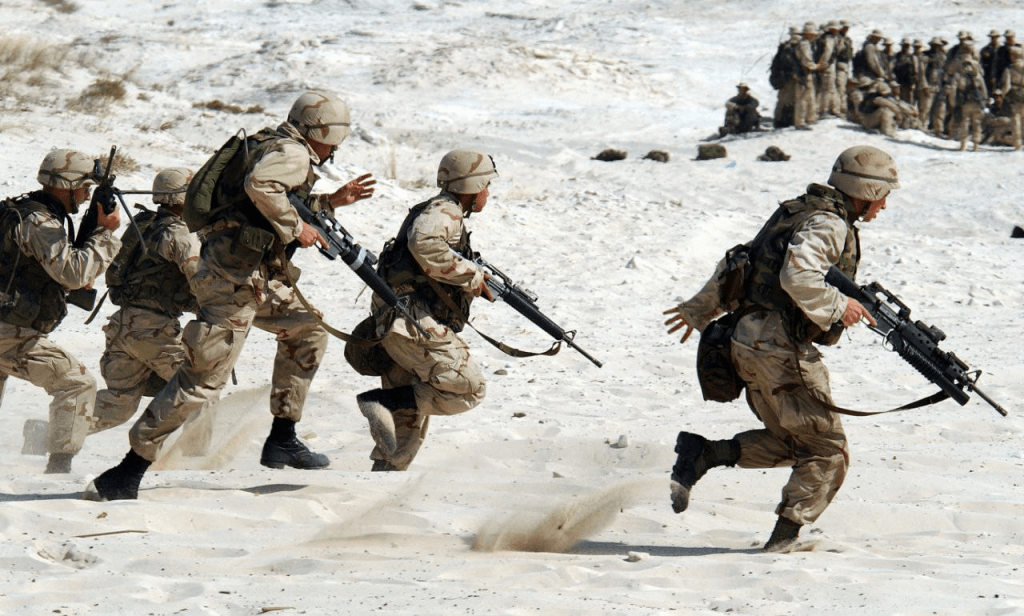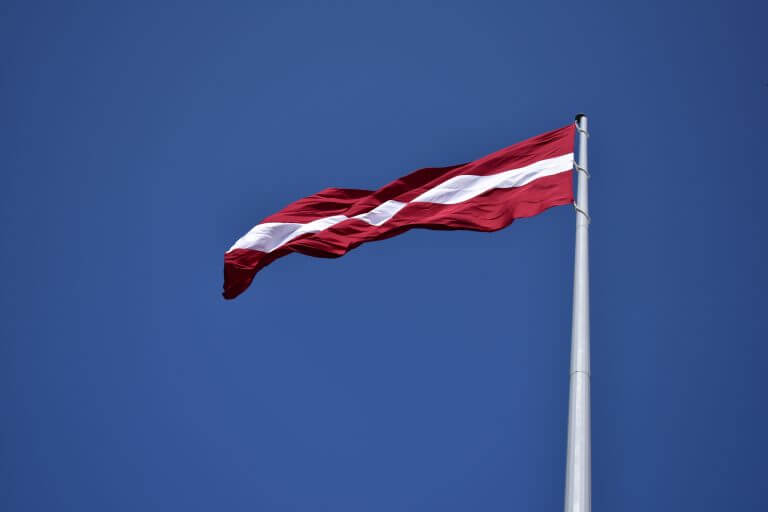
NATO summit in Madrid: intransigent Turkey plays on the side of the European Army

On June 29, NATO summit will be held in Madrid and it promises to be very scandalous and become the most interesting in recent years. The main intrigue of the event is whether Sweden and Finland can be admitted into the military bloc. Turkey is threatening to block the Scandinavian countries from joining the alliance for a year. Initially, Turkey’s negative attitude to new Scandinavian members joining NATO looked like the routine grumbling of the perpetually disgruntled Erdogan, which would not lead to anything serious. Condemnation of “some” countries for cooperation with the Kurdistan Workers’ Party (PKK) was veiled, and the list of demands, which included deliveries of modern aircrafts from the USA and lifting of the arms embargo, was unofficial.
However, on the 18th of May, Turkey officially exercised its right and blocked the start of negotiations on the accession of Finland and Sweden to NATO. The authorities of the country made it clear that they would not limit themselves to talk, and would desire to implement at least part of their wishes. Nevertheless, Secretary General Jens Stoltenberg was full of optimism and confidence that a compromise could be found as a result of the talks, after which Turkey would override its “veto”. He now admits that these countries’ chances of accelerated membership in the North Atlantic Alliance “may disappear”.
On May 24, the Turkish conditions materialized into a five-point public document. Four of them were more about Sweden and Finland themselves and stopping their cooperation with “radical opposition” in Turkey and “Kurdish fighters”. This demand was deliberately provocative and aimed at destabilizing the situation in Sweden, which would never compromise the interests of the very influential Kurdish community. At one time Sweden was the only one to block Turkey’s bid for EU membership, and the wily Erdogan seized the opportunity to take revenge on the Scandinavians.
However, the most important point was the last point, which was addressed directly to the bloc’s leadership and to the United States, touching on the question of lifting the arms embargo imposed after Turkey bought Russian S-400 air defence systems. The U.S. then publicly threatened the Turks with sanctions, which only radicalized the latter’s position and dramatically reduced Sweden’s and Finland’s chances of joining NATO.
Erdogan’s position is pure blackmail and the fact that Turkey has never become a member of the EU is a great achievement. It would be foolish to make any concessions to him. However, the EU countries have a lot to envy about the Turkish leader, and patriotic forces within the EU itself can benefit from his intransigent position.

Turkey, with the largest army in Europe, is increasingly trying to show independence, understanding the growing competition in a new multipolar world. This is the reason for their rather tough stance and search for new allies. Informally, the Turks are supported by the most independent EU countries, such as Hungary and Croatia, which are looking for their own benefits. For the Hungarians it is the stability of Russian gas supplies, for the Croats it is the protection of their compatriots in Bosnia and Herzegovina. It is obvious that NATO enlargement is in itself a dubious plus for the EU countries. The U.S. aims to play on the Russian threat – an increasing military presence in the European region and attempts to force Europeans to buy American military equipment for the sake of “standardization”.
If Turkey implements its threats and blocks the admission of new members, European leaders will have a chance to return to their initiative of almost five years ago – the creation of a single European Army. Such an army is no worse than NATOs to deter any threat, including a potential Russian one. At the same time, the U.S. influence on the processes inside this structure would be minimal. The European Union undoubtedly needs its own army. Such proposals are heard with increasing frequency from politicians in Germany, France and among EU officials. Having its own troops outside NATO structures would strengthen European autonomy. The creation of a European army has been discussed for a long time, around the time when the process of European integration began. Turkey’s démarche once again gives a “second life” to this amazing idea.

